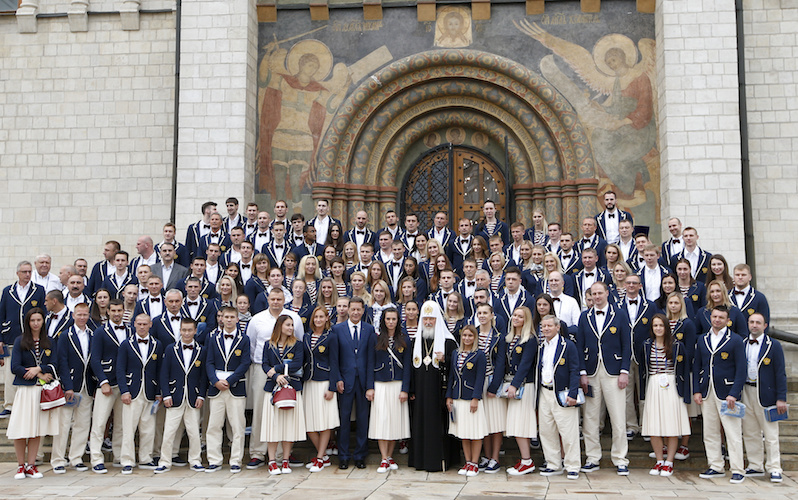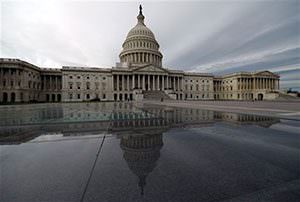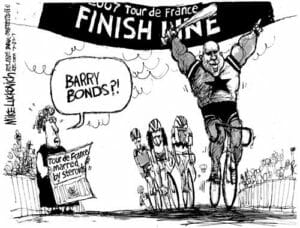Add Russia’s Olympic Doping Scandal to the Rich History of Cheating in Sports
Seeking an unfair advantage in sports did not originate in the former Soviet Union, but state-sanctioned cheating is much more common in communist or former communist countries. Alexander Zhukov, center left, president of Russia's Olympic Committee, and Patriarch Kirill, center right, of the Russian Orthodox Church, with Russia's Olympic national team outside the Assumption Cathedral at the Kremlin, in Moscow. (Alexander Zemlianichenko / AP)
1
2
Alexander Zhukov, center left, president of Russia's Olympic Committee, and Patriarch Kirill, center right, of the Russian Orthodox Church, with Russia's Olympic national team outside the Assumption Cathedral at the Kremlin, in Moscow. (Alexander Zemlianichenko / AP)
1
2

Alexander Zhukov, center left, president of Russia’s Olympic Committee, and Patriarch Kirill, center right, of the Russian Orthodox Church, with Russia’s Olympic national team outside the Assumption Cathedral at the Kremlin, in Moscow. (Alexander Zemlianichenko / AP)
Independent journalism is under threat and overshadowed by heavily funded mainstream media.
You can help level the playing field. Become a member.
Your tax-deductible contribution keeps us digging beneath the headlines to give you thought-provoking, investigative reporting and analysis that unearths what's really happening- without compromise.
Give today to support our courageous, independent journalists.




You need to be a supporter to comment.
There are currently no responses to this article.
Be the first to respond.